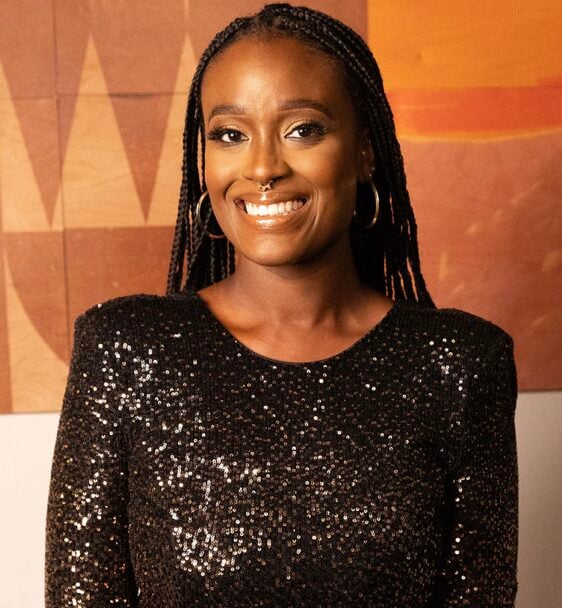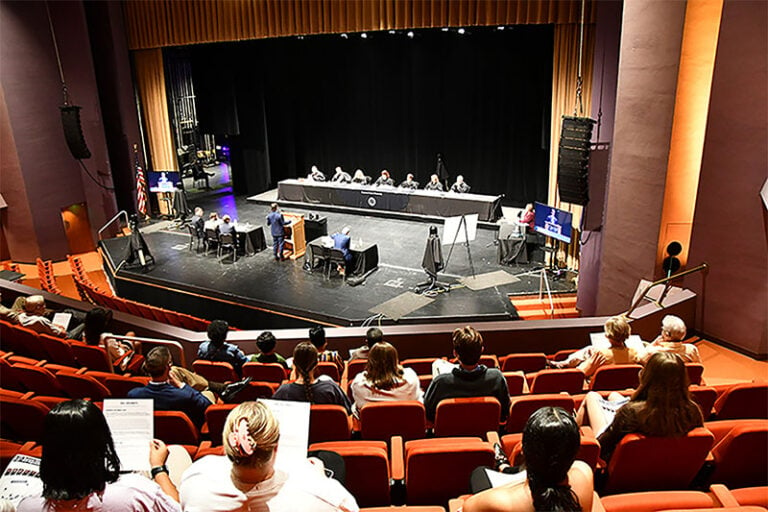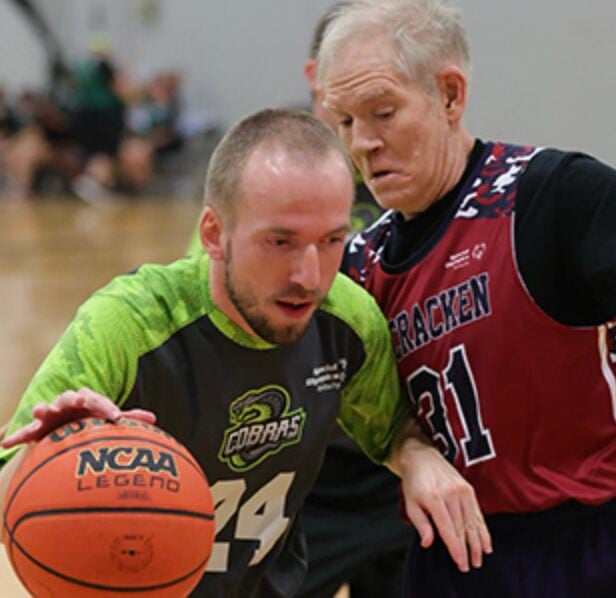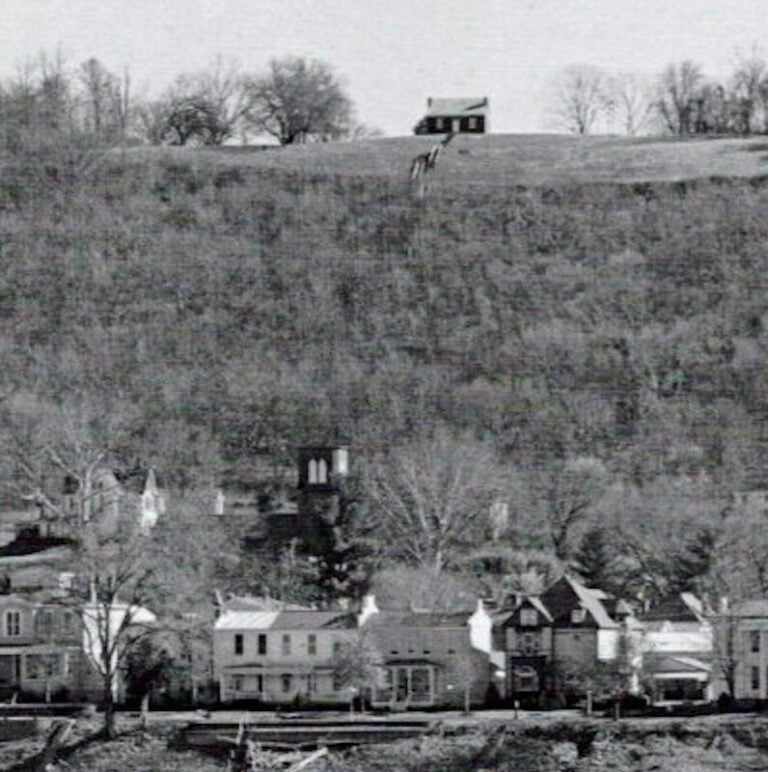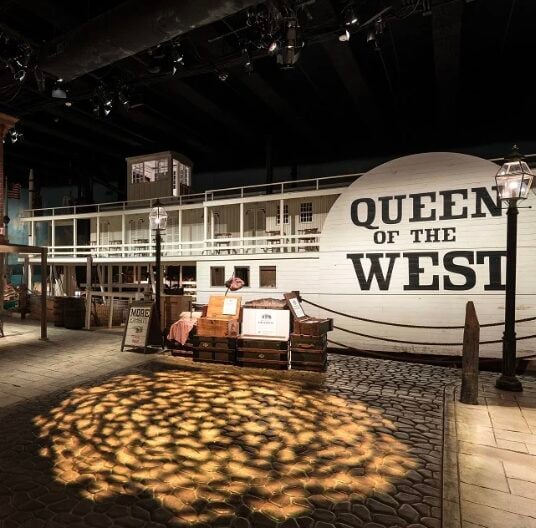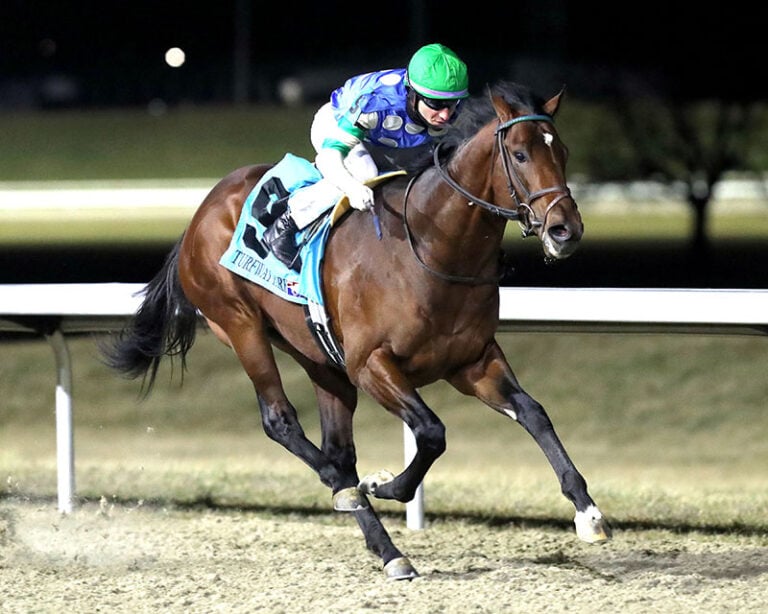I see the Cleveland Browns have hired another new head coach, their eighth since 1999, and I want to wish Hue Williams all the luck in the world because he will certainly need it. His first item of business will be to do something with wacko quarterback Johnny Manziel, the erstwhile Heisman Trophy winner from Texas A&M who seems bent on self-destruction.
I’ve never been much of an NFL fan – for me, the season starts with the playoffs – but Cleveland is the closest thing I have to a favorite team. That goes back to the 1950s. In both Lexington and Louisville, where I spent pretty much equal time growing up, the Browns were the team we watched on our black-and-white TVS on Sunday afternoons.
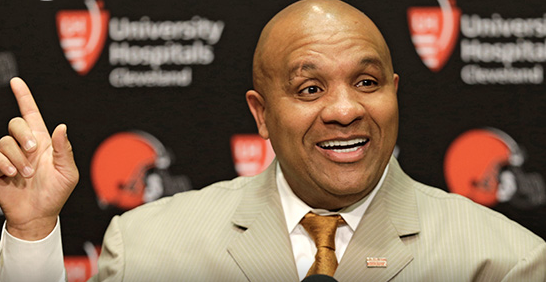
This was because they were the NFL team closest to us. There were no Bengals and the man who eventually founded them, Paul Brown, was the Browns’ head coach. The Colts were in Baltimore and there was no pro team in Indianapolis. The best pros in Nashville were the ones singing at the Grand Ol’ Opry. Nobody dreamed there would ever be a NFL team there.
But getting to watch the Browns was a good thing because, at the time, they were the among the best in the league thanks to Brown’s coaching and ability to sign such immortal players as quarterback Otto Graham, funning back Marion Motley, receiver Dante Lavelli (don’t you love that name?), and, of course, the wondrous place-kicker Lou “The Toe” Groza.
Blanton Collier of Paris, Ky., was Brown’s right-hand man in those days, and everyone in the commonwealth was thrilled in 1954 when he left the Browns to come home and replace Paul “Bear” Bryant as coach of the Kentucky Wildcats. Collier did quite well in his eight years, posting a 41-36-3 record and beating hated Tennessee more often than not.
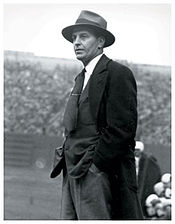
But his problem was that he was not Bryant. While the Bear made a trip to each of the three major bowls for which they were eligible – Sugar, Orange, and Cotton – Collier never took a single team to any kind of a bowl. In fairness, of course, it must be noted that there were only about eight or 10 bowls in those days instead of the zillions we have today.
Poor Collier wasn’t out of a job very long. Brown brought him back to Cleveland, but things had changed there. For the first time in his career, Brown was under pressure because the team had slipped in Collier’s absence. The only bright spot was running back, where Jim Brown, a 1957 draftee out of Syracuse, was proving to be perhaps the best rusher of all time.
When new young owner Art Modell fired Brown after the 1962 season and replaced him with Collier, Brown unfairly held it against his protégé. But Modell looked like a genius when Collier guided the Browns to the 1964 NFL championship, the last time, by the way, that Cleveland has won any kind of professional championship. When Collier finally retired due to age and hearing problems, he was one of the most respected gentlemen and coaches in the game’s history.
The Browns remain one of the few NFL teams who ever never played in the Super Bowl, which began in 1967. It has not been entirely due to lack of talent. Among the outstanding athletes who have competed on the shores of Lake Erie are quarterbacks Brian Sipe and Bernie Kosar, tight end Ozzie Newsome, and cornerbacks Frank Minniefield of Lexington and Hanford Dixon, who originated the famed “Dawg Pound” of end-zone boosters that still exists.
I became a Browns fan all over again when they used their No. 1 pick in the 1999 NFL draft of quarterback Tim Couch of Kentucky. I still believe that Couch, under different circumstances, could have been an NFL star. But Cleveland, which was without a team from 1995-’98 because Model moved the franchise to Baltimore, simply didn’t prove a decent support cast.
Couch did not have a bad career. But he took such a horrible beating every game that he never got the chance to showcase his talent and, instead, was forced into early retirement. Since then, the Browns have tried umpteen quarterbacks, most of whom didn’t do as well as Couch. They hit bottom with a wasted draft pick on Manziel, whose list of indiscretions has reached Charlie Sheen territory.
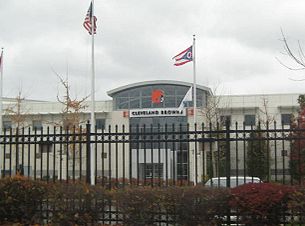
The only good thing about the Browns is that when Modell moved the franchise, he agreed to let the city retain the team’s nickname, uniforms, and all other intellectual property. So the new Cleveland franchise became the Browns, as it should be. It’s too bad Baltimore didn’t do the same thing with the Colts. No matter how long the team there is called the Ravens, I’ll always believe the Colts belong in Baltimore.
So that’s why I’m happy that the St. Louis Rams are going back to Los Angeles, from whence they came. An NFL team in Los Angeles should always be known as the Rams, just as an NFL team in St. Louis should be the Cardinals. Call me Old School – I consider it a compliment, by the way – but I just believe that cities and teams belong to each other. Can you imagine a professional baseball team in Chicago known as anything but the Cubs or White Sox? I rest my case.
But back to Cleveland.
I happened to be visiting in the city just after Manziel was drafted and I was pleasantly surprised at how totally bonkers everyone had gone. As fast as stores could get Johnny Football hats and T-shirts, they were gone. The media reported on his every move. It was a level of excitement exceeded only by Labron’s decision to come home.
But now it’s all come horribly unraveled and it’s up to Hue Williams to do what no coach has ever done, which is get the Browns into the Super Bowl. In his only season as an NFL head coach, he was 8-8. He has spent the last two years as the offensive coach for the Bengals, who now have almost as many one-and-dones to their credit as John Calipari.
I hope the Browns become winners again. If they do, maybe I’ll have to find an old black-and-white TV and watch them play a game, just for the sake of Dante Lavelli and old times.
Billy Reed is a member of the U.S. Basketball Writers Hall of Fame, the Kentucky Journalism Hall of Fame, the Kentucky Athletic Hall of Fame and the Transylvania University Hall of Fame. He has been named Kentucky Sports Writer of the Year eight times and has won the Eclipse Award twice. Reed has written about a multitude of sports events for over four decades, but he is perhaps one of media’s most knowledgeable writers on the Kentucky Derby.








